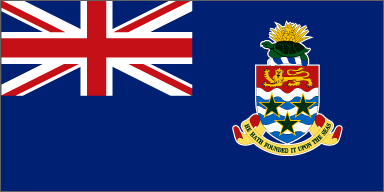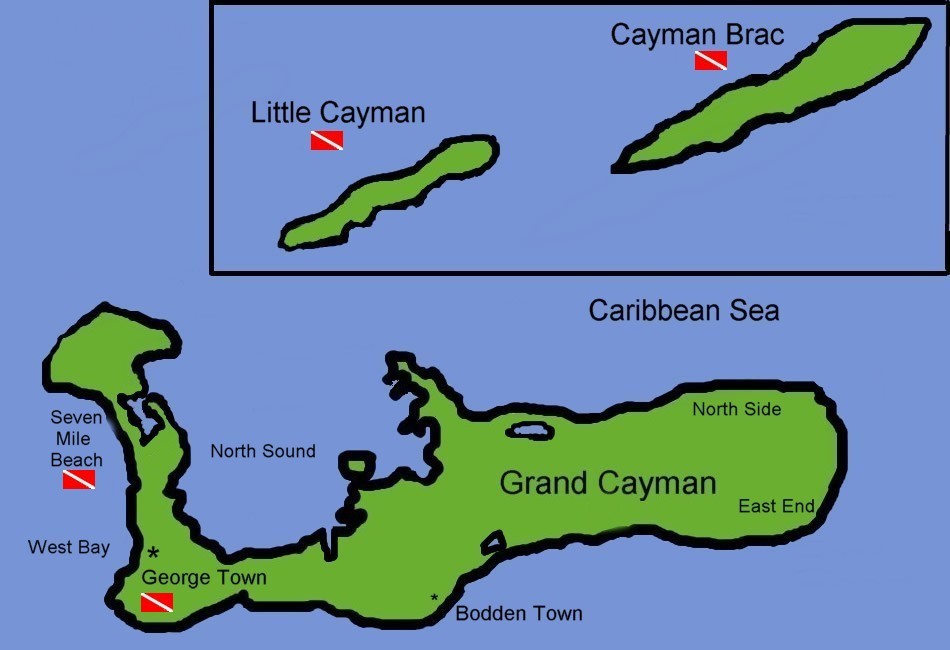
A Cayman Islands Foundation Company (FC) law was enacted in April of 2017 and is known as the “FC Law”. It is officially known as the Foundation Companies Law of 2017. New companies can register to be a FC and will also be governed by parts of the Cayman Islands Companies Law of 2016.
The FC Law established foundations to resemble a company more than the types of foundations established in the Isle of Man, Guernsey, and Jersey which are a hybrid between a company and a trust. The FC is a separate legal entity with the capacity to file lawsuits and be sued and to hold title to properties. They also provide limited liability to its members. While resembling the structure of a LLC, a FC cannot pay dividends to its members.
Foreigners can create a FC and own all of its shares.
Cayman Islands Foundation Company (FC) Benefits
A Cayman Islands Foundation Company (FC) can enjoy the following benefits:
• Complete Foreign Owners: The FC can be created and controlled by foreigners.
• Limited Liability: Members and shareholders have limited liability protections.
• Control: Founders can retain powers and rights and can limit the rights of directors, members, under the Constitution.
• Company/Foundation Flexibility: Like a hybrid between a foundation and a company, FC’s can have members and/or shareholders with a structure including parts of both entities.
• No Taxation: There are no taxes imposed upon FC’s. However, members, shareholders, and beneficiaries who are U.S. taxpayers and anyone subject to global taxation must disclose all income to their governments.
• Privacy: The names of the founder, supervisor, directors, members, shareholders, and beneficiaries are not included in the public records.
• English: The Caymans as a British Territory has English as its official language.

Cayman Islands Foundation Company Legal
Company Name
The words “Foundation Company” or its initials “FC” must appear at the end of its name.
FC’s cannot have names exactly like or closely resembling other legal entities in the Caymans.
To Qualify
To qualify as a FC, a new company must register with the Registrar of Companies and show that the company is:
• Limited by guarantee or shares, with or without share capital;
• Its Memorandum of Association declares it is an FC, provides how surplus assets will be disposed of when winding up, and prohibit distribution of profits, dividends, or assets to its members;
• Execute its Articles of Association; and
• Appoint a secretary or a qualified person (pursuant to the Companies Management Law of 2003) who can provide company management services in the Cayman Islands.
The FC’s Constitution consists of the Memorandum and the Articles of Association.
In addition, the FC has the option to execute Bylaws which are not part of the constitutional documents.
It is anticipated that these documents will constitute the equivalency of a discretionary Trust Deed with the flexibility for founders to create a platform meeting their objectives.
The FC’s purposes (objectives) must be made clear which are not limited to providing benefits to other persons. The FC could act as an investment or holding company providing benefits for the beneficiaries. But, flexibility is afforded to act for other purposes which are not only for charitable purposes.
Upon meeting all these requirements, the Registrar will issue a Certificate of Incorporation containing a declaration that the company is a FC which is evidence that the company is a registered FC.
Founder
Unlike founders in a foundation or settlors in a trust, the law does not recognize the person(s) who transfer assets to a FC. However, the Constitution may recognize the founder and reserve powers and rights if he or she wishes. For instance, a founder may have the power to amend any terms or conditions in the Constitution.
Supervisor
A supervisor is a non-member with supervisory duties owed to the FC. Along with other duties and supervisor powers, the supervisor has the right to attend and vote during general meetings. In essence, the supervisor may have similar powers as a trust protector.
Management
The FC’s Constitution will detail the management’s structure, powers, and duties. This includes founders, directors, supervisors, and members. The Constitution may also define what benefits will be available to the FC, the members, shareholders, beneficiaries, and place any conditions on those benefits.
Company management services can only be provided by someone who is licensed or allowed by the Companies Management Law. These are also known as “qualified persons”.
The FC must appoint a secretary who is a qualified person who must maintain fully and properly records all activities, meetings, and inquiries.

Director
A Board of Directors may be appointed by the Constitution to manage the FC. Directors may be natural persons or a legal entity. Directors will have the same duties as directors for any company with the same standards of a duty of care, skill, and diligence.
Directors can be of any nationality residing in any country.
Directors are required to provide interested persons with accounts, reports, and all information concerning the FC’s affairs and business.
Members
The FC documents may name specific persons who will benefit from the held assets. Membership may be granted to any persons or class of people whether or not already existing. The FC will continue to exist even if it ceases to have members. However, if a FC no longer has members, it will not be able to issue shares or admit new members unless the Constitution authorizes it.
Beneficiaries
A FC beneficiary is an individual who may or will benefit from the FC’s purposes. The FC Constitution may provide for specific beneficiaries any types of benefits. Including the typical duties, rights, or powers of beneficiaries. This includes enforceable rights against the officers, directors, and other interested persons.
Similar to a discretionary trust, settlors may create the FC to benefit a wide class of beneficiaries whether unborn or minors. However, unlike trusts, the FC beneficiaries do not have the power or right to challenge the FC, its managers, or the assets if the Constitution limits or revokes them.
Interested Person
The Constitution may declare anyone as an interested person with the right to file a lawsuit on behalf of the FC to enforce directors’ duties or liabilities just like a member of a private company.
Assets
There is no minimum capital requirement for a FC. Therefore, a FC can register with the government with no assets. Subsequently, the founder can transfer assets to the FC.
No regulations exist concerning how a FC may manage its assets and investments. However, the Constitution may set forth the criteria for accepting, handling, distributing, and selling assets.

Court Involvement
FC’s with duties to fulfill objectives have the right to apply to a Cayman Islands Court for advice, opinion, or directions pertaining to the objectives fulfillment.
Disputes
The FC Constitution can provide for dispute resolutions where differences may occur between directors, members, officers, and beneficiaries. The Constitution may require arbitration, mediation, or other lawful methods.
Limited Liability
Members and shareholders have limited liability protection beyond their capital investments in the company or shares.
Uses for a FC
FC’s can have many uses including charitable, commercial, non-charitable, or private wealth management purposes.
Estate planning purpose will become easier as the FC will resemble a company yet have the flexibility of a trust. Citizens in countries with laws of forced heirships can establish FC’s which will prevent those laws from being enforced on the assets as they will be under the jurisdiction of the Cayman Islands.
Taxation
FC’s are exempt from all taxes including income, corporate, capital gains, estate, gift, and inheritance taxes. In addition, a FC can apply for a Tax Undertaking Certificate from the islands government providing a 50 year guarantee from the date of formation that there will be no changes to the current tax structure.
Note: beneficiaries, members, and shareholders who are American taxpayers or residing in a country taxing world income must disclose all income to their tax authorities.
Registered Office
Every FC must have a local registered office which may be the secretary’s or other qualified person’s office. The registered office keeps all minute books, and important records for the FC.
Public Records
The names of the members, shareholders, founder, directors, and supervisors are not in the public records.
Conclusion
A Cayman Islands Foundation Company (FC) can enjoy the following benefits: complete foreign ownership, potential for total control by the founder, limited liability, no taxes, company/foundation flexibility, privacy, and English as the official language.


